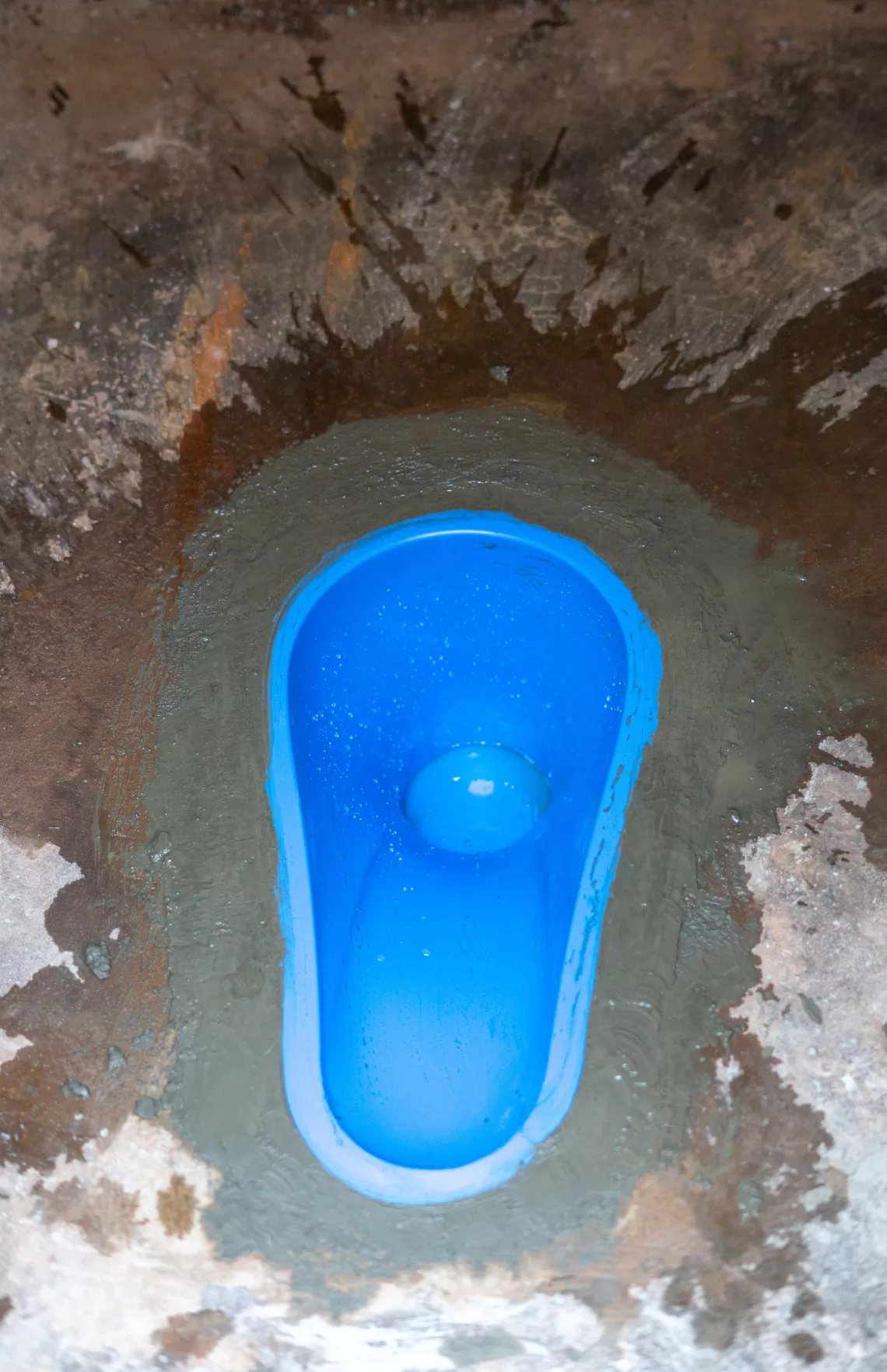Factors influencing the promotion of latrine utilization in Laisamis Sub-County (Kenya)

The issue of sanitation has long existed and drawn criticism from figures like Mahatma Gandhi, who stated that sanitation in a community is more important than independence. Latrine utilization is among ways of ensuring that communities are safe and are not interacting with disease causing pathogens. However, the presence of latrines has not completely been a guarantee for their utilization especially among the pastoral communities. The objective of this study was to examine the factors that influence promotion of latrine utilization. A cross-sectional descriptive study was conducted in two selected wards in Laisamis Sub County using both quantitative and qualitative data. Quantitative data was collected from 177 household heads using questionnaires and analysed in descriptive and inferential statistics. The qualitative data was gathered from selected key informants using interview guides and from focus group discussions. The data was analysed thematically and presented in narratives. The study found out that communities who received minimal social support were less likely to utilize latrines (p=0.000). Cultural beliefs relating to defecation in enclosed places such as toilets seemed to encourage defecation in the open despite latrine presence. Taboos surrounding mixing of faecal matter for men and women attracted latrine avoidance especially when the available toilets were not separated by gender. Low-income levels encouraged construction of low-quality toilets (p-value=0.004) which were underutilized because of their low hygiene levels and inability to maintain privacy were ignored for open defecation. Reduced enforcement of public health directives on latrine construction and use was associated with reduced latrine utilization (p-value=0.034) as communities constructed toilets for show off other than for utilization. Findings also showed that over-dependence on subsidies and incentives reduced chances of latrine reconstruction or repair after damage which discouraged use of latrines. The study concluded that owning a latrine in Laisamis Sub-County did not guarantee use because of the influence of cultural barriers, social and economic issues. The study recommended community engagement and robust education campaigns using local leaders and influencers to dispel taboos and beliefs against latrine use.

